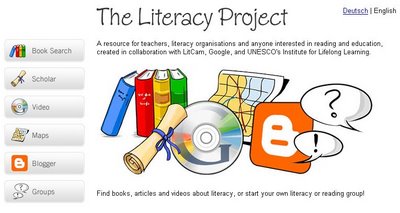A report on TheStar (10 Oct 2006) highlighted the opinion from cybercafe operators on this topic.
According to them,
online games are actually doing youths more good than harm, in that the games even keep them away from getting involved in drugs or crime activities.
Some excerpts from the Star:
“If parents think playing online games is bad, they should honestly ask themselves what they did as youths to entertain themselves when there were no computer games,” said Jeffery Wong, 31, a cybercafe owner.
“I bet they were involved in activities that were not that much more productive either, and probably a lot more dangerous,” he said, recalling his adventurous days of swimming in ex-mining pools when he was a teenager.
“It also provides job opportunities. I know many people who didn’t get to complete school, but because of online games, they’re able to survive and earn a decent living doing something they like,” Wong said.
“And what’s so bad about making money from playing games? It’s not like it’s illegal,” said Leon Jalleh, 27, a cybercafe operator.
“If kids are learning how to earn money by pursuing their interest, their parents should be proud of them instead!”
“It’s better than having them waste money loitering in shopping malls, or worse, get involved in drugs or criminal gangs,” he added.
Jalleh said cybercafes were also comparatively healthier than other entertainment avenues, such as nightclubs.
“You won’t find drugs or alcohol in cybercafes, and most don’t even allow smoking nowadays,” he said.
Jalleh told The Star that it was possible to earn several thousand ringgit a month by trading virtual items or helping other gamers improve their avatars.
“It is a good way to bond with friends and meet new people who share the same interest, plus it’s the cheapest form of entertainment around – definitely much cheaper than clubbing,” said Chris Chong, 26, who meets his friends for game sessions on weekends.
Discussion:
What is your opinion on this issue? Is online games bring more goods or harm?


